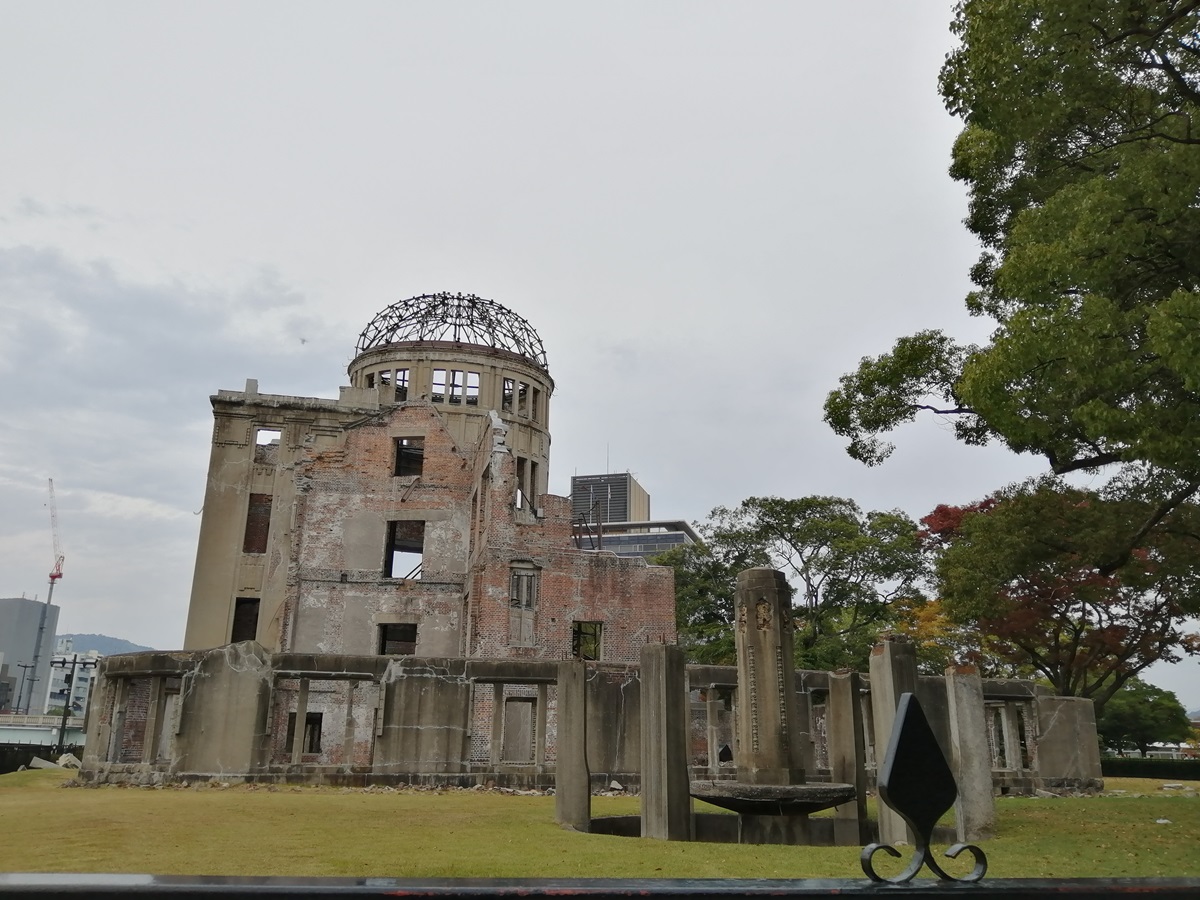Japan's ‘day after’ announcement of Nobel Prize for atomic bomb victims
The incredulous tears of the ‘hibakusha’ in a country that has struggled to recognise their suffering and equal dignity. The movement's role in the campaign to ban atomic weapons. PM Ishiba speaks of ‘extremely saignificant’ recognition, but continues to cite nuclear deterrence as a ‘pragmatic response’.
Tokyo (AsiaNews) - It is hard to object to the decision of the Nobel Committee that yesterday awarded the Japanese organisation Nihon Hidankyo the 2024 Nobel Peace Prize.
It is an important gesture, which not only openly mentions those who were victims of the atomic bomb in the decades following the dropping of the two American bombs on Hiroshima and Nagasaki (6-9 August 1945), but also the survivors' constant effort to be bearers of an unequivocal message: to put an end to the nuclear nightmare that has weighed on humanity for almost eighty years.
From the Laotian capital Vientiane, where he is on an official visit, the new Prime Minister Shigeru Ishiba described the award as ‘extremely significant’. Congratulating Terumi Tanaka, the group's 92-year-old co-chairman, by telephone today, however, he cited ‘the need for nuclear deterrence as a pragmatic response, while stating that the abolition of atomic weapons is the ultimate goal.
For his part, the co-chairman of Nihon Hidankyo and head of the Confederation of Atomic Victims' Organisations of Hiroshima Prefecture, 82-year-old Toshiyuki Mimaki, spoke of “feeling like he was in a dream”, emphasising his disbelief on hearing the news with a tear. ‘Even our predecessors will be happy about this,’ he added.
Founded in 1956, the Confederation has achieved important goals, firstly in the international recognition of the survivors' first covered reality; then by urging Japanese public opinion to become aware of their suffering and recognise their equal dignity; Finally, by working for a world peace that passes first and foremost through the cancellation of nuclear arsenals.
In this last aspect, they were confronted with a cautious and at times ambiguous attitude on the part of the political authority, which for the sake of consensus and necessity dictated by international alliances rarely gave official support to their initiatives, while a large part of the Hibakusha continued to live in a grey area in terms of legal protection and under a creeping discrimination against them that associated shame for their defeat and responsibility in the world conflict.
Reached by the Japanese media, which today gave a certain prominence to the awarding of the prize, the reaction of the survivors (only a part of the approximately 107,000 hibakusha, today mostly descendants of the first radiation victims but who bear the consequences of the contamination in various ways) was one of incredulity, also due to the use of the term (hibakusha, precisely) which in Japanese underlines their victimisation and which is rarely used publicly.
However, the joy - more than for the recognition of the situation of those who escaped immediate death carrying physical consequences and psychological wounds - is for the international recognition of the movement's role in the battle to ban atomic weapons.
11/10/2024 17:43
10/12/2024 17:46







.png)










